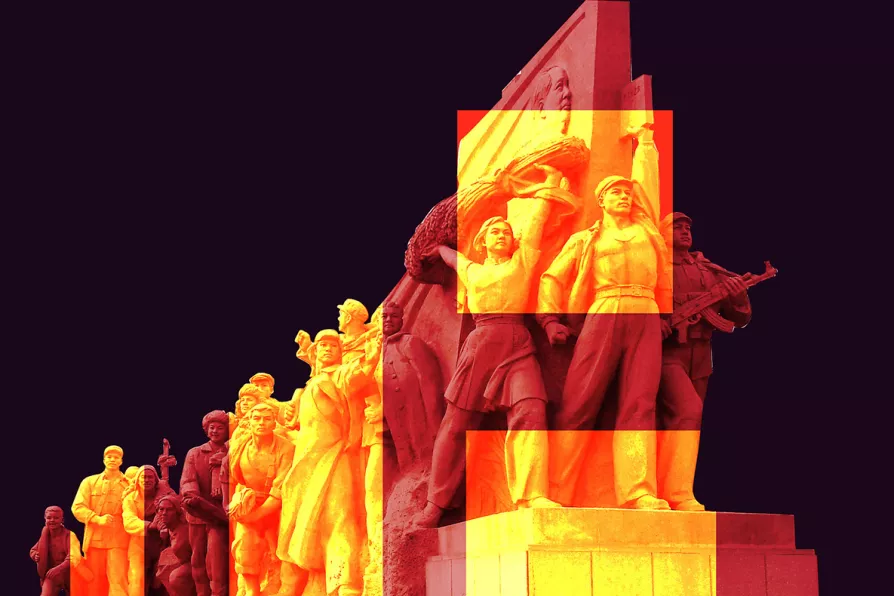By pressuring Mexico to halt oil shipments, Washington is escalating its blockade of Cuba into a direct bid for economic collapse and regime change, argues SEVIM DAGDELEN


IN the period of the Second United Front (1937-45), the Chinese communists won enormous prestige for their leadership of the national defence efforts and for their commitment to improving the lives of the population in the territories under CPC control.
The CPC’s headquarters in Yan’an became a pole of attraction for revolutionary and progressive youth throughout the country.
British academic Graham Hutchings writes, “Yan’an seemed to stand for a new type of society. Visitors, foreign and Chinese, found it brimming with purpose, equality and hope.

BEN CHACKO welcomes a masterful analysis that puts class struggle back at the heart of our understanding of China’s revolution

STEPHEN BELL reports from a delegation that traced the steps of China’s socialist revolution from its first modest meetings to the Red Army’s epic 9,000km battle to create the modern nation that today defies every capitalist assumption












